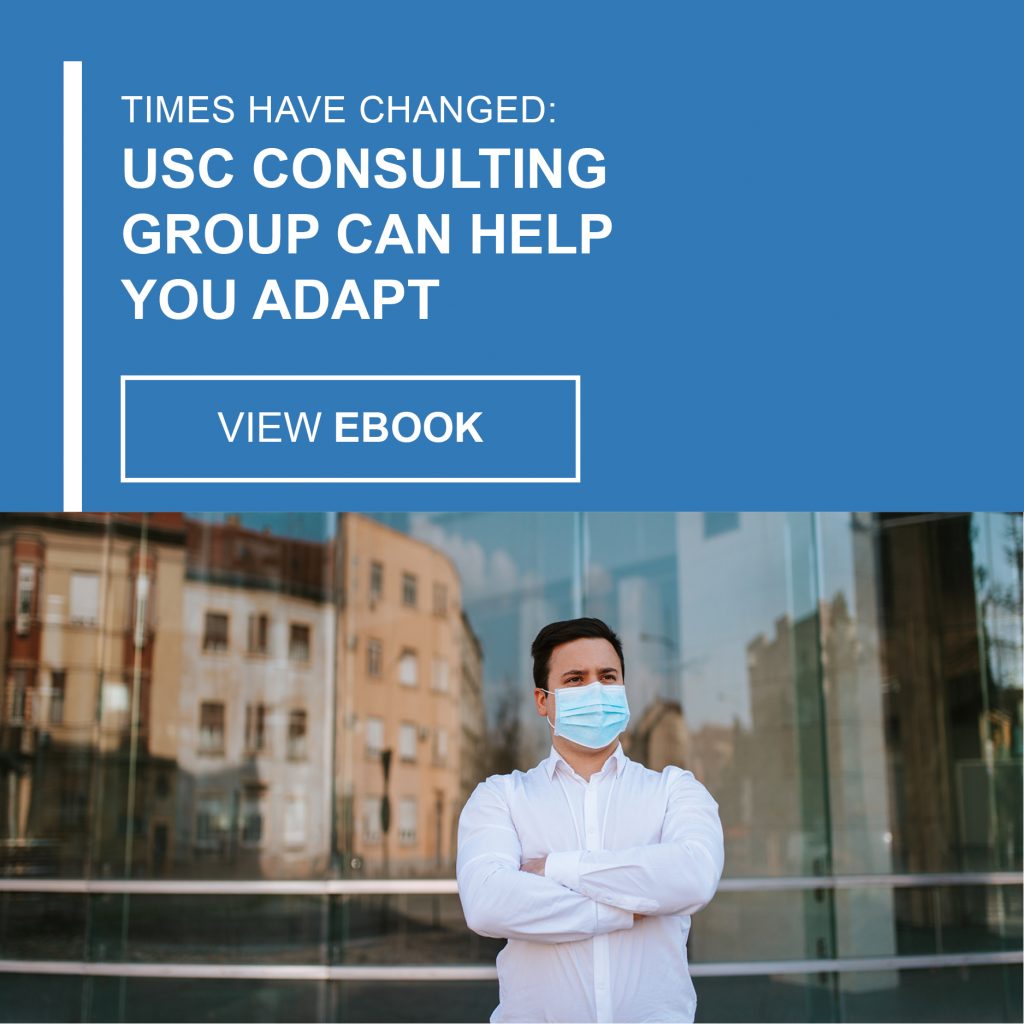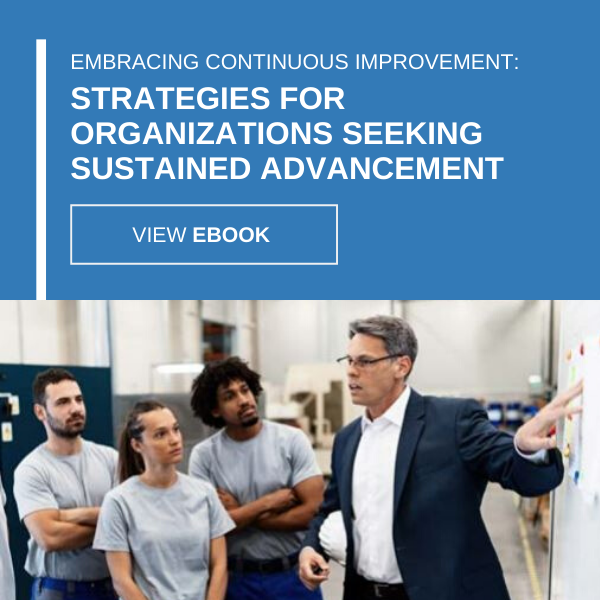-
Subscribe to Blog:
SEARCH THE BLOG
CATEGORIES
- Aerospace
- Asset Maintenance
- Automotive
- Blog
- Building Products
- Case Studies
- Chemical Processing
- Consulting
- Food & Beverage
- Forestry Products
- Hospitals & Healthcare
- Knowledge Transfer
- Lean Manufacturing
- Life Sciences
- Logistics
- Manufacturing
- Material Utilization
- Metals
- Mining
- News
- Office Politics
- Oil & Gas
- Plastics
- Private Equity
- Process Improvement
- Project Management
- Spend Management
- Supply Chain
- Uncategorized
- Utilities
- Whitepapers
BLOG ARCHIVES
- July 2025 (1)
- June 2025 (4)
- May 2025 (1)
- April 2025 (1)
- March 2025 (1)
- February 2025 (4)
- January 2025 (4)
- December 2024 (4)
- November 2024 (2)
- October 2024 (6)
- September 2024 (5)
- August 2024 (5)
- July 2024 (6)
- June 2024 (3)
- May 2024 (3)
- April 2024 (4)
- March 2024 (3)
- February 2024 (4)
- January 2024 (5)
- December 2023 (2)
- November 2023 (1)
- October 2023 (6)
- September 2023 (3)
- August 2023 (4)
- July 2023 (2)
- June 2023 (3)
- May 2023 (7)
- April 2023 (3)
- March 2023 (3)
- February 2023 (5)
- January 2023 (6)
- December 2022 (2)
- November 2022 (5)
- October 2022 (5)
- September 2022 (5)
- August 2022 (6)
- July 2022 (3)
- June 2022 (4)
- May 2022 (5)
- April 2022 (3)
- March 2022 (5)
- February 2022 (4)
- January 2022 (7)
- December 2021 (3)
- November 2021 (5)
- October 2021 (3)
- September 2021 (2)
- August 2021 (6)
- July 2021 (2)
- June 2021 (10)
- May 2021 (4)
- April 2021 (5)
- March 2021 (5)
- February 2021 (3)
- January 2021 (4)
- December 2020 (3)
- November 2020 (3)
- October 2020 (3)
- September 2020 (3)
- August 2020 (4)
- July 2020 (3)
- June 2020 (5)
- May 2020 (3)
- April 2020 (3)
- March 2020 (4)
- February 2020 (4)
- January 2020 (4)
- December 2019 (3)
- November 2019 (2)
- October 2019 (4)
- September 2019 (2)
- August 2019 (4)
- July 2019 (3)
- June 2019 (4)
- May 2019 (2)
- April 2019 (4)
- March 2019 (4)
- February 2019 (5)
- January 2019 (5)
- December 2018 (2)
- November 2018 (2)
- October 2018 (5)
- September 2018 (4)
- August 2018 (3)
- July 2018 (2)
- June 2018 (4)
- May 2018 (3)
- April 2018 (3)
- March 2018 (2)
- February 2018 (2)
- January 2018 (1)
- December 2017 (1)
- November 2017 (2)
- October 2017 (2)
- September 2017 (1)
- August 2017 (2)
- July 2017 (2)
- June 2017 (1)
- April 2017 (3)
- March 2017 (3)
- February 2017 (2)
- January 2017 (2)
- December 2016 (2)
- November 2016 (4)
- October 2016 (4)
- September 2016 (3)
- August 2016 (6)
- July 2016 (4)
- June 2016 (4)
- May 2016 (1)
- April 2016 (3)
- March 2016 (4)
- February 2016 (2)
- January 2016 (4)
- December 2015 (3)
- November 2015 (3)
- October 2015 (1)
- September 2015 (1)
- August 2015 (4)
- July 2015 (6)
- June 2015 (4)
- May 2015 (7)
- April 2015 (6)
- March 2015 (6)
- February 2015 (4)
- January 2015 (3)
CONNECT WITH US
Tag Archives: Employee Buy-in
Nobody knows the job better than your frontline employees. So, when you’re instituting new efficiencies to improve the processes and procedures that they use on the job every day, one vital key to success is getting their buy-in from the get-go.
At USC Consulting Group, helping companies find process improvements is what we do. We work with companies in industries like manufacturing, mining and metals, oil and gas, food and beverage, transportation and logistics, and others to become more efficient, effective and in the end, profitable. We strive to empower your performance and help you reach your highest potential by uncovering greater operating excellence across the entire supply chain. It’s about identifying and eliminating wasteful practices and procedures.
One big difference between us and the other guys is how we go about doing that.
We sell our methodology and our process, not just a solution
Nine times out of ten, when companies come to us, they already have a pretty good idea of what their challenges are. So we don’t go into a client engagement telling them what we think they should do. We have over 50 years in this industry behind us, but all of that experience doesn’t mean we provide cookie-cutter solutions. Most of our clients are looking to us to break bottlenecks in their operation, find out if they can do more with what they have, or even do more with less. But every one of our clients is unique. Every one of those bottlenecks has a different cause. The only way to find the best road that will lead to more process efficiencies is not to rest on our laurels and do what worked for the last client, but to roll up our sleeves, get into your operation and see what’s going on.
A big part of that is listening to your frontline people.
Your frontline employees are the key to the success of the project
We don’t simply sit in your boardroom and pontificate with your C-suite about how to do things better. At USCCG, we believe it’s about effecting change at the point of execution. That means we involve your frontlines. Ferreting out new processes and solutions that can increase efficiencies starts with the people actually doing the job. It’s the only way it’s going to work. Here’s why:
A single source of truth. By talking to your frontline employees, we get the lowdown on what’s happening in your operation day to day. We hear what’s going right, and at times, what’s going wrong. They often can see what the problems are, but not know how to fix them. We can get the single source of truth from your frontlines and implement plans to fix the issues and improve productivity. It’s crucial to finding where efficiencies can happen.
From resistance to change… We get it; change is difficult to accept. More than that, it can be threatening. Frankly, it’s completely counterproductive to swoop in and tell people that the way they’ve been doing their jobs for years is inefficient at best and wrong at worst. You’ll lose their cooperation. They’ll be resistant to any new ideas, because those new ideas mean the way they’ve been working has been wrong. If you don’t get their cooperation, it can be difficult to implement any sort of process changes. And if you have their opposition, it can be downright impossible.
…to drivers of change. That’s why involving your employees in the process from the start is so important. It ensures they’ll feel listened to and respected. It won’t be something that’s happening to them. Positioning this process as a way to harvest their wealth of frontline information in order to make the company more effective and efficient is the key to making it work. We involve employees from the get-go, and time and time again, we’ve seen them become the drivers of change.
Making the changes stick. Initial buy-in is only the beginning of the importance of your employees to this process. It goes further than that. It’s about making sure those changes stick. Your employees need to feel invested in the process changes in order for them to stick to them, on the job, every day. That’s why we don’t come in and hand them a new playbook. They’ll help write it. And that’s crucial to the success of implementing change.
At USC Consulting Group, we understand how important employees are in the process of change. We will respect them, listen to their institutional knowledge that only years on the job day after day can provide, and create a collaborative approach to finding the hidden opportunities for greater efficiency in your operation.
For more information about how we work during this time of COVID, download our free eBook Times have Changed – USCCG Can Help You Adapt.






